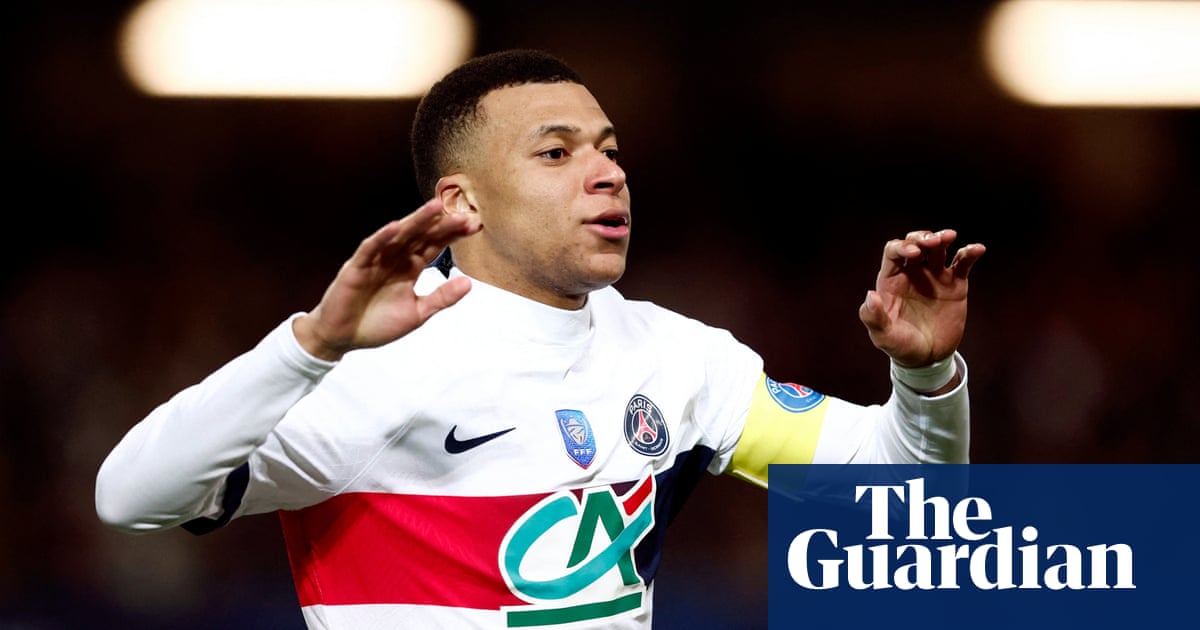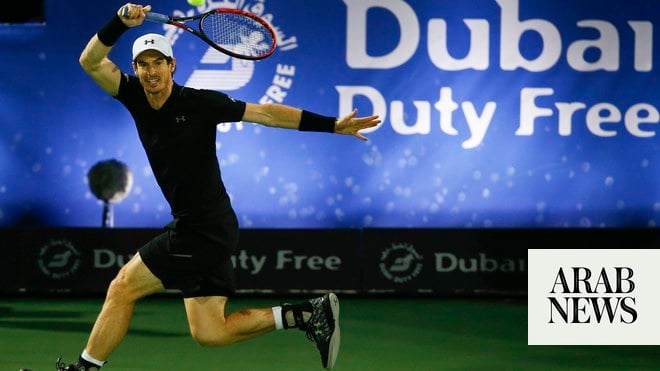
When Andy Murray and Novak Djokovic chatted on social media in front of a captive audience of more than 20,000, they revealed their obsession with tennis – and how they will cope when it is all over.
Born a week apart and rivals since they were 11, there would appear to be little they do not know about each other, at 32. However, their Instagram exchange for more than an hour on Friday evening told a different story. They surprised even themselves, having never previously sat down together for any length of time.
They shared concern for the plight of people who have suffered or died because of Covid-19 and were mindful that their self-isolation is more comfortable than most. Djokovic is in a house in Spain, with a garden and sunshine; Murray is at home in Surrey. Both are spending quality time with their families. Neither is taking it for granted.
“It’s tough being in Spain, next to Italy, the country that goes through the hardest time at the moment,” Djokovic said. “Six weeks in 24/7 lockdown. Honestly, as a tennis player, it’s really weird to be in one place more than one day, then five or six weeks. I have not experienced that for probably 15 years. But happy to be with my kids.”
Murray agreed: “It’s been nice. I’ve got to see my kids do things for the first time, usually when we’re away travelling, that you miss. I saw my kids going out cycling on their own for the first time, swimming on their own for the first time.
“You’re learning a new way of living. You’re so used to the travelling and the structure that the Tour brings. You get injured, or what’s happening now, and you’re home all the time with your family. It’s a big change. But the positives certainly outweigh the negatives. I realise, once tennis is done for me, I’ll be just fine. I was always worried about what that might look like, being in just one place all the time. I’ve enjoyed it. It was good.”
They realise they are prisoners of another kind, as well. Djokovic, whose only long absence from the game was the first half of 2018 when recovering from an elbow operation, said: “It was really hard to get off that adrenaline rush. Tennis players, all athletes in general, that’s the nature of what we do. We’re constantly [in] heightened energy, we need competition, we need to challenge ourselves in all parts of life.
“As long as the season is on – it’s the longest season of all sports, from January to mid-November – you can never fully relax. When I first missed those six months was the first time I missed a slam since I became a professional player. I was not feeling any unease. I was happy to be at home, to do some other things that are always kind of waiting to be addressed, because there’s never really time or energy to think about other things, or do other things.
“But I thought I would deal better mentally and emotionally with the competition once I was back from injury. I was very confident in myself. I was, like, well I’m fine, I’m gonna practise for whatever weeks, I’m gonna be OK. Nothing that I’m not familiar with, all right? But, once I stepped on the court, it took me four or five months to play the way I wanted to play.”
Murray, who has had at least five serious operations, on his back and hips, that have robbed him of two years of his career, said: “Being away from the competition for a long period of time, you lose a little bit of an edge. You lose a little bit of your aura. Maybe people see you coming back from an injury, there’s a sign of weakness there. You need to build that up again by winning matches. The psychological aspect sometimes is tougher than the physical aspect.”
At the end, Djokovic tells Murray he might have been an athlete of some sort or a scientist if not a tennis player; Murray says he once wanted to be a footballer – “I was pretty good” – but now maybe a doctor. Like most of us, they have learned much about themselves away from the normal roar of modern life.
On Saturday, Djokovic revealed he had been in touch with fellow ATP Player Council members Roger Federer and Rafa Nadal to discuss ways to assist players facing financial struggles. “I spoke to Roger and Rafa a few days ago and we had a conversation about the near future of tennis. How we can contribute to help lower ranked guys who are obviously struggling the most, Djokovic said in a live chat on Instagram. “Players hopefully will contribute collectively to the relief fund that the ATP [and the WTA and ITF] will distribute using models and criteria.”












